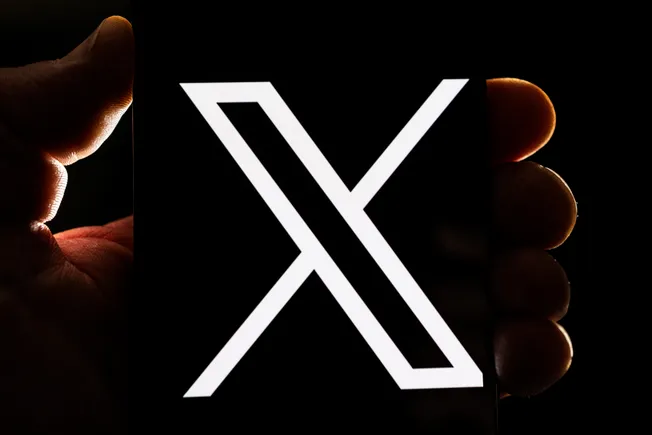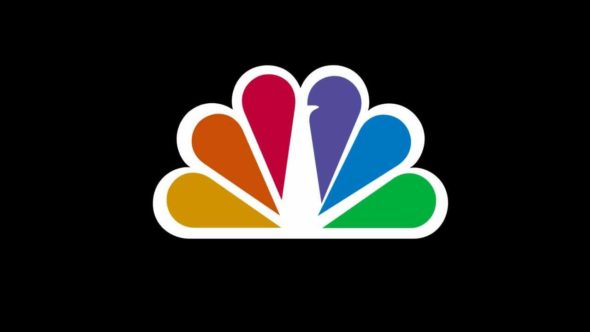With a full ban of the app in the US looming, everything may well be riding on TikTok CEO Shou Zi Chew’s appearance before the US House Committee on Energy and Commerce this week, in which Chew will have the opportunity to present TikTok’s case, and convince senators that TikTok does not pose a national security threat.
But he’ll have his work cut out for him – amid rising US/China tensions, and reports of staff from parent company ByteDance stalking US journalists, as well as revelations of retrospective user data stores, it does seem like TikTok is destined for sanctions, one way or another. Add to this the escalating concerns around China’s support for Russia’s invasion of Ukraine, which were heightened again this week when Chinese President Xi Jinping met with Vladimir Putin in Moscow, and the signs all point to the US making a move on TikTok, one way or another.
Whether that’s a forced sell-off – which would require the approval of the CCP – or an outright ban, TikTok, right now, feels like it’s on the edge.
And today, the House Energy Committee has released Shou Zi Chew’s pre-prepared testimony, which details the argument that Chew will present, when he stands before the Senate this week.
Chew’s opening statement focuses on the benefits that TikTok brings to the US, and in particular, how it helps small businesses. Chew also provides some notes on overall TikTok usage:
“More than 150 million people in the United States use TikTok on a monthly basis, with the average user today being an adult well past college age. Their videos provide a lens through which the rest of the world can experience American culture. Examples include TikTok’s role in bringing exposure to American musicians, artists, chefs, and many more. While users in the United States represent 10 percent of our global community, their voice accounts for 25 percent of the total views around the world.”
It’s interesting to note the average user age, as per Chew’s example here, which is likely older than many would expect.
Chew then outlines the key concerns about TikTok, as communicated to him by US officials:
- Minor safety
- Data privacy and security
- Real-world harms from online activities
- The risk of foreign content manipulation
Chew then outlines TikTok’s various efforts to provide protection for minors, and limit exposure to harmful trends.
But the big one is obviously data privacy, and the concern that China-based staff could be spying on US users.
On this element, Chew provides an overview of ‘Project Texas’, which sees TikTok routing all US user data through US-based Oracle servers.
“Project Texas is an unprecedented initiative dedicated to safeguarding both U.S. user data and U.S. national security interests. This initiative addresses key issues of corporate governance, content recommendation and moderation, data security, and system access. It is a comprehensive package of measures with layers of independent oversight to protect against backdoors into TikTok that could be used to manipulate the platform or access U.S. user-protected data.”
The project, which has already cost TikTok over $1.5 billion, will eventually see all US user data kept in the US, and according to Chew, will ensure that it’s not accessible by Chinese staff.
“Currently, 100 percent of U.S. user traffic is being routed to Oracle and USDS-controlled infrastructure in the United States. USDS is running our recommendation system for U.S. users, which determines what appears in the For You feed, in the Oracle Cloud Infrastructure. Moreover, Oracle has already begun inspecting TikTok’s source code and will have unprecedented access to the related algorithms and data models. No other social media company, or entertainment platform like TikTok, provides this level of access and transparency.”
Chew also notes that historical US user data stored in non-Oracle servers will be deleted later this year.
Though as noted, TikTok’s trust in this regard has been impacted by the case of ByteDance staff spying on US journalists, by using TikTok location data to correlate their movements.
Chew also addresses this incident directly:
“Another important part of being a responsible steward of user data is owning up to our mistakes and making changes to address them. That’s why we promptly took action, including a companywide disclosure, when we learned late last year that certain (now former) employees had accessed TikTok user data in an unsuccessful and misguided attempt to trace the source of a leak of confidential TikTok information. We also notified this Committee about these ill-advised actions within moments of informing our employees. I condemn this misconduct in the strongest possible terms.”
In his closing arguments, Chew says that he doesn’t think a full ban of TikTok will solve the issues or concerns at hand, while it will impact US users.
Chew also pledges that TikTok will not share US user data with Chinese officials:
“TikTok has never shared, or received a request to share, U.S. user data with the Chinese government. Nor would TikTok honor such a request if one were ever made. Indeed, a 2021 report from Citizen Lab, an internationally renowned security research laboratory, found that there was no overt data transmission by TikTok to the Chinese government and that TikTok did not contact any servers within China.”
It’s a hard sell, given the examples of the data that TikTok has access too, and the ways in which its staff have at least attempted to use such for ill purpose. But Chew will be hoping that his arguments will convince US lawmakers to go easy on the app, and let it continue to operate, with these provisos in place.
But it’ll be Chew’s responses to direct questioning that will be critical, and that could go awry quickly. Which may not necessarily even be Chew’s fault, given the past questioning we’ve seen of social media CEOs, in which a range of random questions can get thrown at them by politicians with varying degrees of understanding of tech.
Chew will be put on the spot, and his responses will be the determining factor that could see TikTok cut off from the American market.
And if the US imposes a TikTok ban, other regions will follow. It’s not a certainty that a ban will be imposed, but Chew’s written testimony doesn’t do a lot to provide new assurance.
























































![Social Media Spring Cleaning [Infographic] Social Media Spring Cleaning [Infographic]](https://imgproxy.divecdn.com/9e7sW3TubFHM00yvXe5zvvbhAVriJiGqS8xmVFLPC6s/g:ce/rs:fit:770:435/Z3M6Ly9kaXZlc2l0ZS1zdG9yYWdlL2RpdmVpbWFnZS9zb2NpYWxfc3ByaW5nX2NsZWFuaW5nMi5wbmc=.webp)
![5 Ways to Improve Your LinkedIn Marketing Efforts in 2025 [Infographic] 5 Ways to Improve Your LinkedIn Marketing Efforts in 2025 [Infographic]](https://imgproxy.divecdn.com/Hv-m77iIkXSAtB3IEwA3XAuouMwkZApIeDGDnLy5Yhs/g:ce/rs:fit:770:435/Z3M6Ly9kaXZlc2l0ZS1zdG9yYWdlL2RpdmVpbWFnZS9saW5rZWRpbl9zdHJhdGVneV9pbmZvMi5wbmc=.webp)














